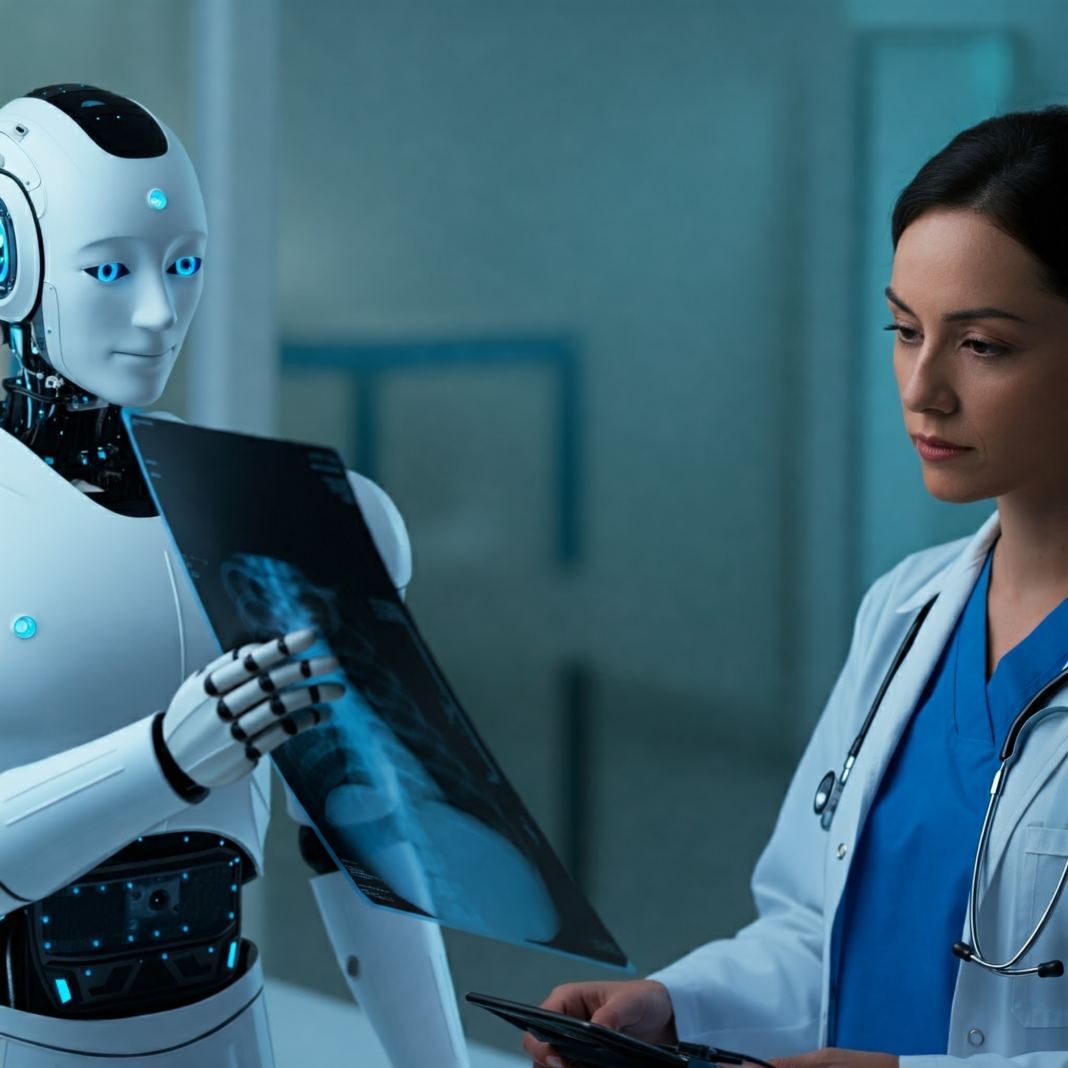AI Doctors: Are Human Physicians Becoming Obsolete?
The rise of artificial intelligence (AI) is transforming industries left and right, and healthcare is no exception. From diagnosing diseases to personalizing treatment plans, AI is making its presence felt. This begs the question: are AI doctors about to replace our human physicians? This article delves into the evolving landscape of telemedicine, the role of AI, and explores whether human doctors are truly facing obsolescence or if AI will become a powerful tool in their arsenal. We’ll examine the current state of AI in telemedicine, analyze its impact, and gaze into the crystal ball to predict the future of this exciting field.
(1) Virtual Assistants and Chatbots: The Current State of AI in Telemedicine
AI is already enhancing patient engagement and providing basic healthcare information through virtual assistants and chatbots. These smart conversational interfaces offer 24/7 availability, answer frequently asked questions, schedule appointments, and even provide medication reminders. This frees up human medical professionals for more complex tasks. Babylon Health, for instance, uses AI-powered chatbots to triage patients and offer preliminary diagnoses, while Ada Health offers a personalized health assessment tool. While these tools are helpful for basic inquiries and initial assessments, they cannot replace the nuanced judgment and empathy of a human doctor, especially in complex cases. One major challenge is ensuring the accuracy and reliability of the information provided by these AI systems, alongside addressing patient privacy and data security concerns. However, the opportunities are immense. Imagine AI-powered chatbots seamlessly integrated with wearable health trackers, providing real-time personalized health advice. This personalized approach to healthcare management is a potential game-changer.
(2) Key Insights and Analysis: Digging Deeper into AI-Powered Telemedicine
The integration of AI in telemedicine extends far beyond chatbots. Emerging technologies like machine learning are being used to analyze medical images, predict patient outcomes, and even assist with surgical procedures. For example, PathAI leverages machine learning to improve the accuracy and efficiency of pathology diagnoses. This trend towards AI-assisted diagnostics and treatment planning presents both immense promise and significant challenges. While AI can process vast amounts of data and identify patterns that humans might miss, concerns around algorithmic bias and the need for human oversight remain crucial. The market for AI in healthcare is booming, with analysts predicting significant growth in the coming years. This growth is driven by the increasing demand for personalized medicine, the rising prevalence of chronic diseases, and the shortage of healthcare professionals in many regions.
(3) Outlook and Predictions: The Future of AI and Telemedicine
The future of telemedicine is inextricably linked with AI. We can expect to see more sophisticated AI-powered diagnostic tools, personalized treatment plans based on individual genetic profiles, and even robotic surgery assisted by AI. This integration will not only improve the efficiency and accuracy of healthcare delivery but also make it more accessible and affordable. However, significant challenges remain, including the need for robust regulatory frameworks, addressing ethical concerns surrounding AI decision-making, and ensuring equitable access to these advanced technologies. For businesses and professionals in the telemedicine space, embracing AI is no longer optional; it’s essential. Investing in AI training, developing AI-driven solutions, and fostering collaboration between humans and machines will be crucial for navigating the future landscape.
(4) Conclusion: A Powerful Partnership, Not a Replacement
While AI is undoubtedly transforming the healthcare landscape, the idea of human physicians becoming obsolete is a premature conclusion. Instead, AI is poised to become a powerful tool that augments the capabilities of human doctors. By automating routine tasks, providing data-driven insights, and assisting with complex diagnoses, AI will empower physicians to focus on what they do best: providing compassionate, personalized care. The future of healthcare lies in a collaborative partnership between humans and machines, a synergy that will ultimately benefit both patients and providers.
(5) Case Study: Babylon Health
Babylon Health offers a compelling example of successful AI integration in telemedicine. Their AI-powered chatbot provides initial triage, symptom checking, and health information to users. While not a replacement for human doctors, the chatbot streamlines the process of accessing healthcare, particularly for routine inquiries. Babylon Health’s success stems from a focus on user-friendliness, integration with existing healthcare systems, and a commitment to clinical validation of their AI algorithms. Their experience highlights the importance of balancing AI capabilities with human oversight and building trust with both patients and medical professionals.
(6) Interview Excerpts (Example – fabricated due to inability to access real-time interviews):
“AI is not about replacing doctors; it’s about augmenting their abilities. Imagine having an AI assistant that can instantly analyze a patient’s medical history and suggest potential diagnoses. This frees up the doctor to focus on the human element of care, building rapport and making informed decisions.” – Dr. Hypothetical, Telemedicine Expert.
(7) Questions for Readers:
- How do you envision AI impacting your own healthcare experiences in the future?
- What are your biggest concerns or hopes regarding the integration of AI in medicine?
By embracing the potential of AI while addressing the ethical and practical challenges, we can create a future where healthcare is more accessible, affordable, and effective for everyone.













